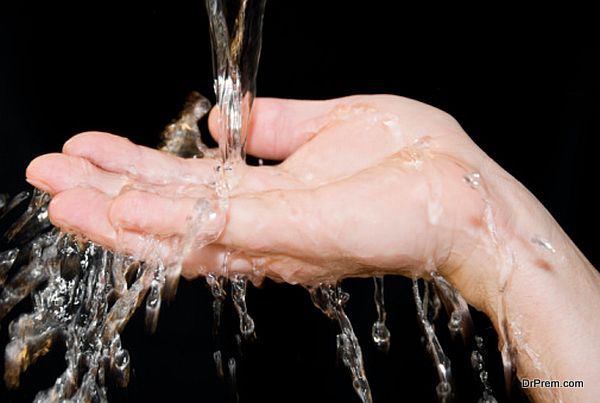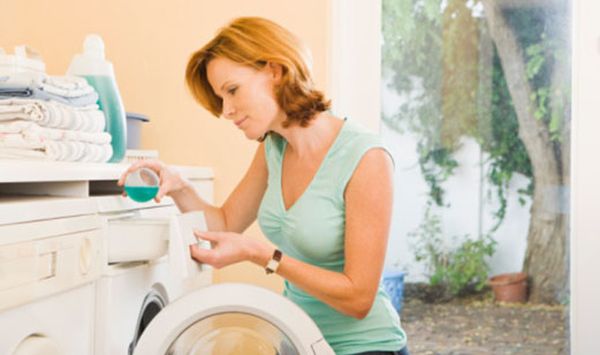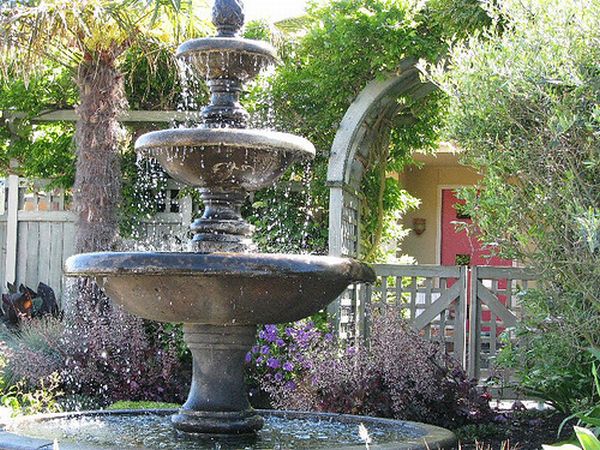If you have hard household water, you are spending hundreds more dollars per year than you need to. The softer your water, the less soap, detergent, and shampoo you will need to use. By using softer H2O, you can also cut down on your electric bills. Not only that, your clothes, fabrics, plumbing fixtures, and appliances will last longer, saving you on replacement costs over time.
There are several reasons why this is true:
- Water hardness affects a cleaner’s alkalinity.
- Cleansers don’t lather up or dissolve, as easily in hard water, so more product is required to do its job.
- Excessive use of soap/cleansers causes a difficult-to-remove buildup.
- The buildup of residue on appliances, fixtures, hair, and skin requires even more detergent to remove it.
- Learn more about water softener facts.
Studies Compare Costs
In order to compare the true benefits and costs of washing linens, clothes, and household fabrics with hard vs. soft water, two studies were conducted to determine the specifics:
- The American Institute of Laundering did a study, which determined that washing laundry in hard water costs, twice as much as washing it in soft water.
- Purdue University performed a study on laundering with hard water. The study discovered the following results:
◦ Fabric colors fade in hard water.
◦ White material turns dingy and yellow.
◦ Clothes don’t get as clean when laundered in hard H2O.
◦ Laundry gets dirty again faster.
◦ Fabrics are scratchy, stiffer after being washed in harder water.
◦ Materials wear out 15% faster due to excess soap build up, stiffness of fabrics, and overall wear-and-tear.
Fuel and Energy Costs
Not only will soft water save laundering costs, there will also be substantial savings on utility bills. This will occur in several ways:
- Less energy will be used to heat because of the reduction of scale on appliances such as coffee pots, tea kettles, hot water heaters, washing machines, dishwashers, and ice makers in refrigerators. Hard water leaves mineral deposits of calcium and magnesium on appliances, causing them to be less effective. A unit that is less effective will require more energy to do its job. Some examples are:
◦ Gas heaters using hard water consumed 30% more fuel
◦ Electric water heaters used 22% more British thermal units (Btu) when filled with hard water
- Even after scale has been removed from heated appliances, those devices continue to use up 25% more energy than those with soft water.
- With hard water, appliances have to be replaced sooner, because they’ve worked harder and longer to do their jobs.
- Because scale causes devices to overheat, breakdowns occur more often, which leads to replacement costs.
- Because buildup also occurs in plumbing pipes, clogs can occur, causing performance problems in plumbing systems.
- Excess wear-and-tear on moving parts leads to malfunctions.
- The American Water Works Association (AWWA) found a washing machine designed to last ten years may only last seven if hard water is used.
Hard water can cost take a toll on your household finances by causing your appliances to break down prematurely, your plumbing systems to clog, and your utility bills to cost more than they should. By softening your water, you can keep more dollars in your wallet.
Article Submitted By Community Writer





